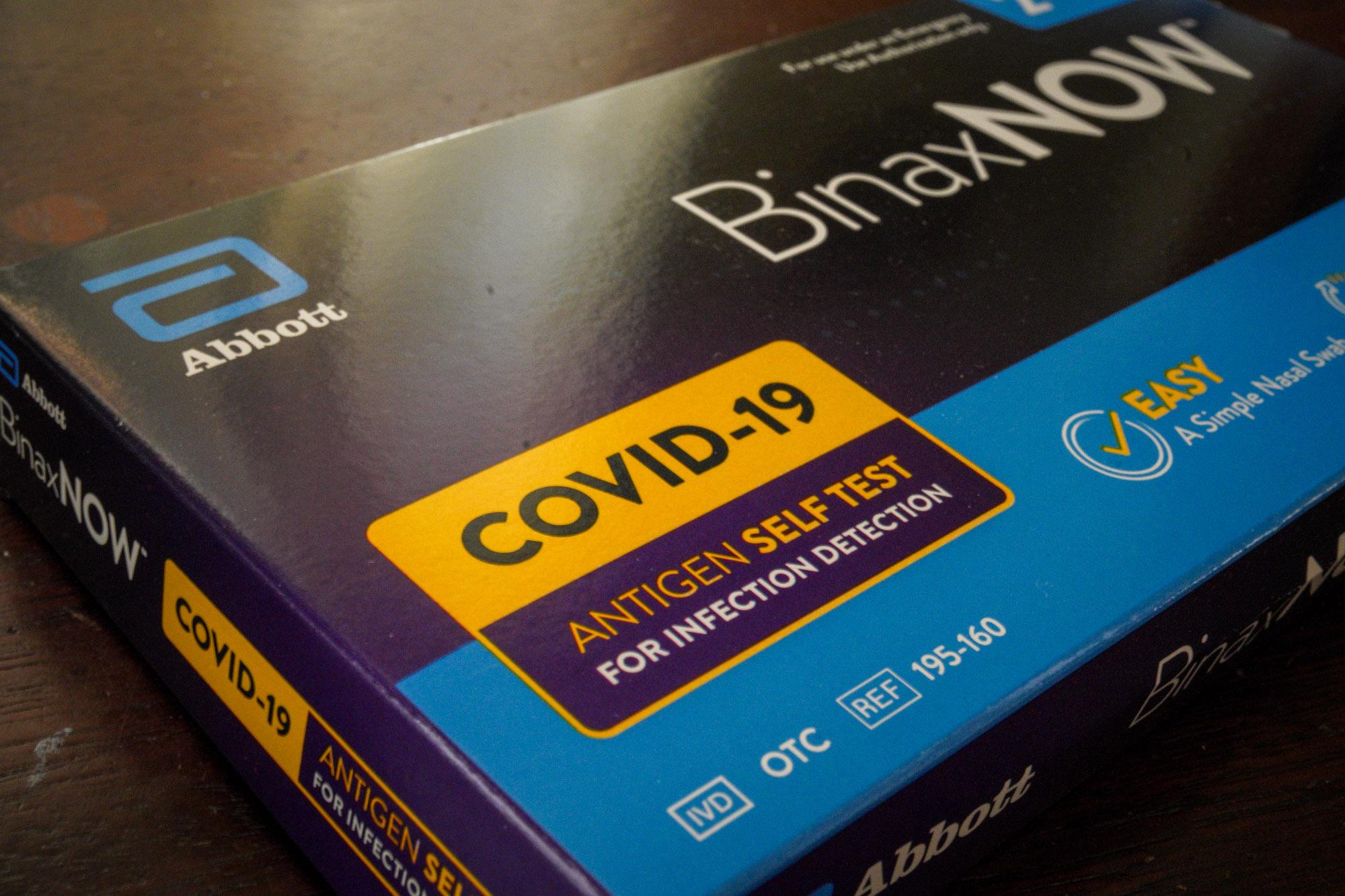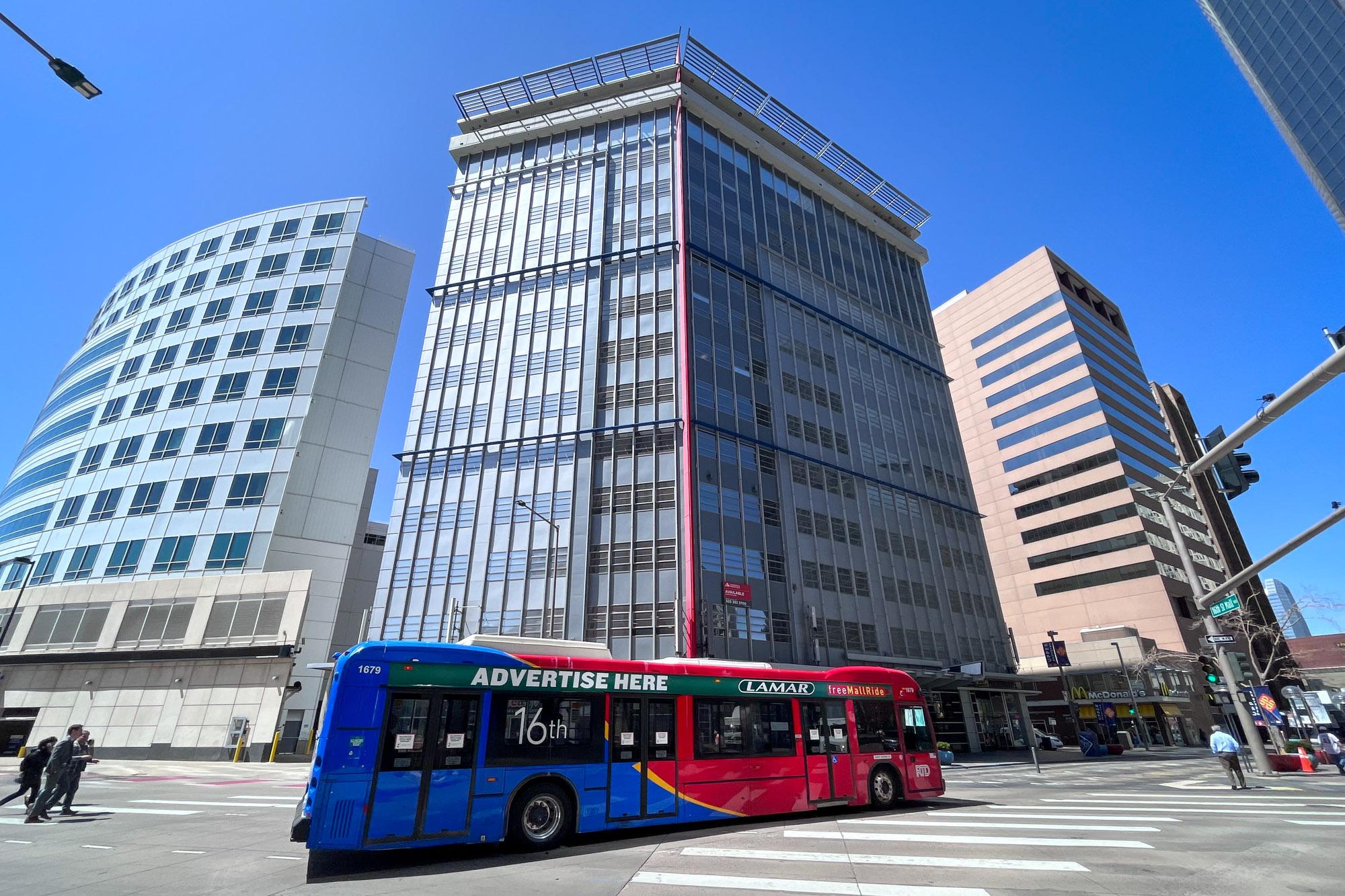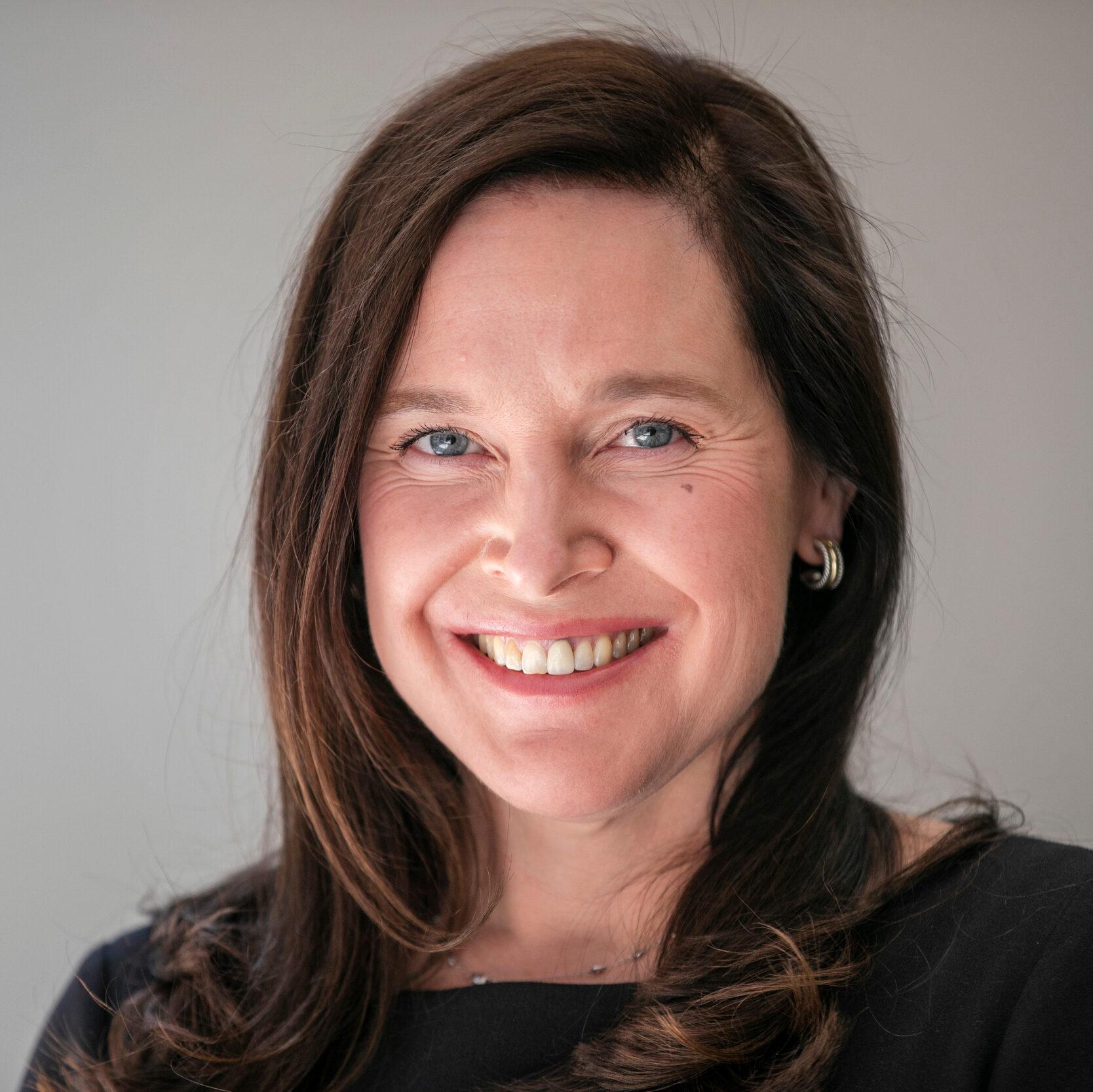
Updated at 10:50 a.m. on Friday, Nov. 17, 2023
As most Americans will tell you, navigating the healthcare system is hard. For parents of children with disabilities, it can be even harder.
Jenee Allen, the mother of autistic 5-year-old Beckett, said navigating Health First Colorado, the state’s Medicaid system, is like stumbling in the dark.
“If it was more streamlined, we wouldn't spend so many hours just trying to figure this out for our kiddos,” Allen said.
Allen and other parents said there’s no clear guide to getting pediatric disability services through the state’s Medicaid program. While large, engaged parent communities exist online, Allen said, every parent seems to have a different experience.
“I feel like I understand the disability process now,” she said. “However, if you put the information out there, even on the autism groups I'm on, everyone will kind of have a different answer and so you wonder if there's multiple pathways to get there and you just found a pathway.”
Multiple parents who spoke with CPR News agreed. But they all identified a few things that all parents can do to understand the system and get their children the care they need.
‘Keep all your records’
Allen’s tip was simple: Be a diligent note taker.
“Keep all your records. Write down who you talk to,” she said. “If you find a phone number that you connect to, only call that number and keep records of all your emails and all your phone calls so that no one can … say something didn't happen.”
Look at Medicaid waiver programs
Colorado Medicaid is free or low-cost for residents who are under certain income levels. Eligibility was opened up during the COVID-19 public health emergency, but that declaration has since ended, leaving hundreds of thousands of Coloradans disenrolled.
Brie Mastakoski was able to enroll her son, Riker, in Medicaid when the pandemic first started. They qualified due to their income level at the start of the pandemic, but now, they exceed that level. Now, he’s employed again, putting their income level above Medicaid’s limits. Mastakoski recommends that parents in similar positions look into Medicaid waiver programs or the buy-in program, which she said has been a financial lifesaver.
“We do have private insurance as well, so Medicaid is secondary, but when we just did six months of a therapy with just primary insurance alone, we got an itemized bill. It was $60,000 and that's with primary insurance covering it,” she said. “The Medicaid picks up whatever our primary insurance does not.”
Colorado allows parents to become paid caregivers for severely disabled children
Mastakoski is also a certified nurse aide, or a CNA, which allows her to care full-time for Riker, who is non-verbal. She said Colorado is one of just a handful of states that allows parents to be paid caregivers for severely disabled children.
“The home health company will come do an evaluation for you, see if you even qualify to have hours for services for home caregiving. And if you do, then they will hire you on, they will send you to CNA school for about a month,” she said. “They'll pay for it and they'll pay for your first round of state board exams written and the practical exam. And then you start, once you pass that and get your CNA license, then they will start paying you to do the things that we do day to day.”
But, be warned: studying to be a CNA may be trumped by parental duties. Valerie Gonzalez, a single mom of two autistic children, said she’s failed the CNA exam three times.
“I've been failing because it's hard. It's really hard to focus and be able to study with my kids in the picture with them constantly needing me,” Gonzalez said. “So I lose focus.”
Maureen Welch, the mother of an autistic teenager with Down syndrome, started an organization called Navigating Disability Colorado after gaining years of first-hand experience learning the system. While she offers workshops and consulting to parents new to the system, her piece of advice doesn’t need an appointment.
“I also have found that the level of isolation in our community is really high because we often are unable to participate in the community or go to events in the same way,” she said. “So connecting with other families and having that feeling that I'm not alone in this, that to me is a big piece of it.”









